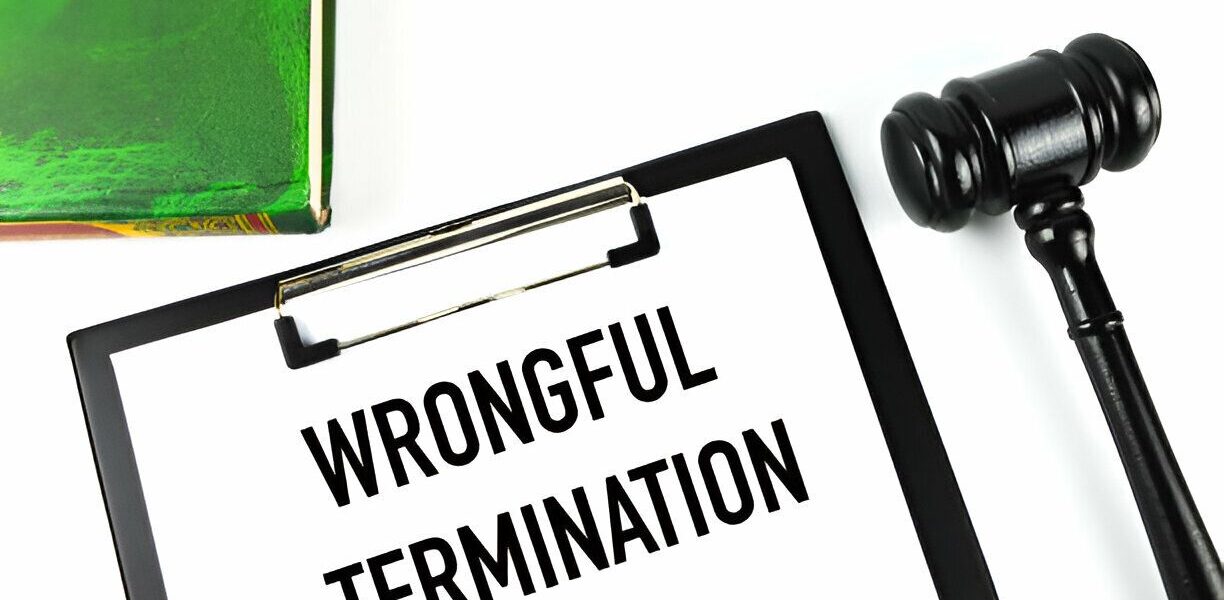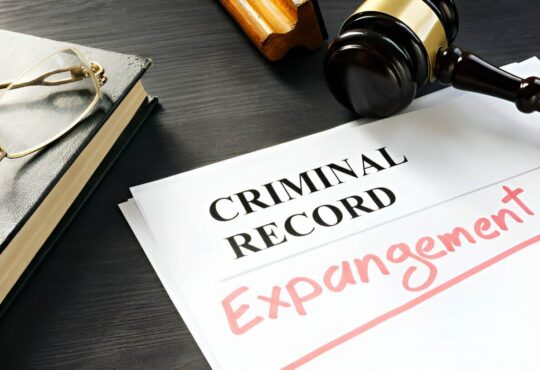
Wrongful Termination: When Can You Sue Your Employer?
Losing your job can be a stressful and difficult experience, but not all terminations are legal. While many employees work under “at-will” employment, which allows employers to fire them at any time, certain dismissals may violate the law.
If you believe you were fired unfairly, you may have grounds to sue your employer. Understanding your rights and the legal grounds for wrongful termination can help you determine your next steps. Below are key scenarios in which taking legal action may be an option.
Contents
Termination Based on Discrimination
Federal and state laws prevent employers from firing employees based on race, gender, religion, disability, age, or other protected characteristics. If you believe your termination was based on discrimination, you may have a case against your employer. Employers are prohibited from making firing decisions based on bias or prejudice.
If you suspect discrimination, document any evidence, such as discriminatory remarks, patterns of unfair treatment, or policies that disproportionately affect a protected group.
You can file a complaint with an employment rights agency before proceeding with a lawsuit. Legal action can help you seek compensation and hold the employer accountable.
Retaliation for Whistleblowing or Reporting Misconduct
Employees can report illegal activities, harassment, safety violations, or discrimination without fear of retaliation. Firing someone for filing a complaint, joining an investigation, or reporting misconduct may be unlawful. Employers cannot punish employees for exercising their rights.
If you experience retaliation, keep records of your complaint and any subsequent actions taken against you. Reporting retaliation to a labor board or agency can help establish a case before pursuing legal action. A successful lawsuit can lead to reinstatement, back pay, or other damages.
Violation of Employment Contracts
If your employment contract sets termination terms, your employer must follow them. Wrongful termination occurs if they fire you without cause or violate agreed procedures. Contracts may cover job security, notice periods, or severance pay.
Review your employment contract carefully and seek legal advice if you suspect a violation. If your employer fails to abide by contractual agreements, you may have the right to file a lawsuit for wrongful termination. Legal action can help you recover lost wages or enforce the terms of your contract.
Termination for Taking Protected Leave
Employees have the legal right to take medical, family, or military leave under specific laws. Firing someone for protected leave, like FMLA, may be illegal. Employers must allow qualified employees to take leave without fear of losing their job.
If you believe your employer fired you for exercising your leave rights, gather documentation of your leave requests and their communications. You may be able to file a complaint with a labor board before pursuing legal action.
Winning a wrongful termination case for protected leave can result in job reinstatement and compensation for lost wages.
Constructive Dismissal: Forced to Quit Due to Hostile Conditions
Some employees resign due to unbearable conditions rather than being fired. If your employer fostered a hostile environment, ignored harassment, or pressured you to quit, it may be constructive dismissal. Courts may treat a forced resignation as wrongful termination if the work environment was intolerable.
Proving constructive dismissal requires showing that your employer’s actions made it impossible for you to continue working. Keeping records of workplace conditions, complaints, and lack of response from management can help support your case. Legal action can help you obtain compensation for lost earnings and emotional distress.
Conclusion
Wrongful termination can cause financial and emotional harm, but legal protections help employees seek justice. If your employer fired you for discrimination, retaliation, contract violations, or taking protected leave, you may have a case. Knowing your rights and collecting evidence are key to building a strong claim.
Suing an employer is tough but may be needed to protect your rights. An employment attorney can guide your options. Taking action helps prevent future injustices.




